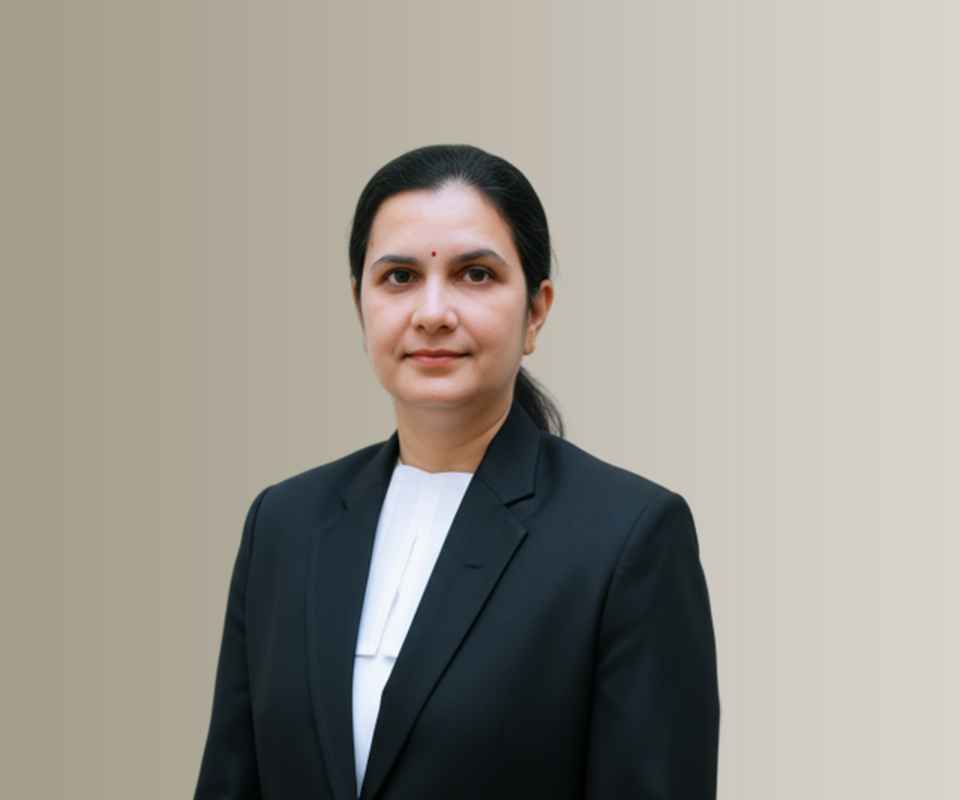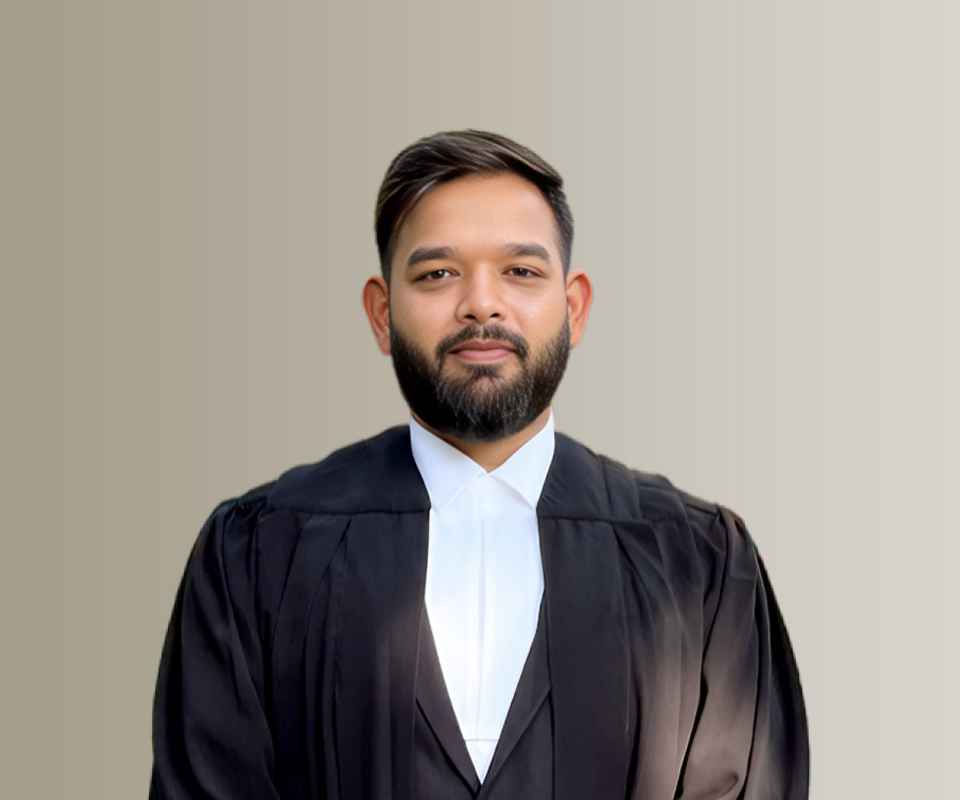Answer By law4u team
In India, once a child is given up for adoption, the process generally involves legal steps that terminate the biological parents' custodial and parental rights. Reclaiming custody after the adoption is legally challenging, but there are certain circumstances under which the biological parents might attempt to regain custody of the child.
However, it is essential to understand that Indian adoption laws prioritize the best interests of the child, and once an adoption is finalized, it typically means that the child has been permanently removed from the biological parents' custody. The courts and adoption authorities emphasize the child’s stability and well-being, which is why reclaiming custody is not a straightforward process.
Here’s an overview of how the law handles such situations:
1. Termination of Parental Rights and Adoption Process
The Adoption Regulation in India is governed by the Juvenile Justice (Care and Protection of Children) Act, 2015 and the Hindu Adoption and Maintenance Act, 1956 (for Hindus). The adoption process is designed to ensure that parental rights are legally and permanently severed once a child is adopted.
1.1 Consent of the Biological Parents
For an adoption to be legally valid, consent from the biological parents is generally required unless the child is abandoned or orphaned. This consent is given after careful counseling and consideration, ensuring the biological parents are fully aware of the implications of giving up their child for adoption.
1.2 Court’s Role in Finalizing Adoption
Once consent is given, the process of adoption is completed through the court or adoption agencies recognized by the government. Once finalized, the child’s legal identity is changed, and the biological parents have no legal claim over the child’s custody or guardianship.
2. Can Biological Parents Reclaim Custody?
Reclaiming custody after adoption is extremely difficult under Indian law, as the adoption is generally considered permanent. However, in exceptional circumstances, biological parents may attempt to reclaim custody, but only if certain legal conditions are met:
2.1 The Adoption Was Not Valid or Legal
If it is determined that the adoption was fraudulent or did not follow proper legal procedures, the biological parents may be able to challenge the adoption. This might include instances where:
- The adoption was done without proper consent.
- The adoption laws were not adhered to, such as failure to comply with the necessary paperwork or court approval.
- There was coercion or manipulation involved in obtaining consent.
In such cases, the biological parents can approach the family court to challenge the adoption and seek the return of the child. This is a rare occurrence and typically requires strong evidence that the adoption was not properly executed.
2.2 The Child’s Welfare and Best Interests
The best interests of the child remain paramount. Even if the adoption was valid, the court will consider whether returning the child to the biological parents would be in the child’s best interests. Courts will take into account factors such as:
- The child’s age and emotional attachment to the adoptive parents.
- The stability of the environment provided by the adoptive parents.
- The ability of the biological parents to provide proper care and support for the child.
If the child has been living with the adoptive parents for an extended period and has developed strong emotional and psychological bonds with them, the court is likely to favor the adoptive family over the biological parents.
2.3 Reversal of Adoption Orders
While rare, in cases where the adoptive parents are proven to be unfit (e.g., due to abuse, neglect, or incapacity to care for the child), the court can consider reversing the adoption. This might allow the biological parents to reclaim custody, but only after a thorough legal process, and if the child’s welfare is best served by this decision.
3. Legal Framework for Challenging Adoption
The legal procedures for challenging an adoption or seeking the return of a child are as follows:
3.1 Approaching the Family Court
Biological parents can approach the family court to file a petition challenging the adoption. This is only feasible under specific circumstances such as fraud, lack of consent, or other legal defects in the adoption process. The court will review all the facts and evidence before making any decisions. If the court finds that the adoption was not properly executed, it might order the return of the child to the biological parents.
3.2 Juvenile Justice Board (JJB)
If the adoption is being challenged on grounds of the child’s welfare or because the biological parents want to prove that they can provide a better environment for the child, the Juvenile Justice Board may be involved in determining the child’s best interests.
3.3 Role of Adoption Agencies
Adoption agencies, which are governed by the Central Adoption Resource Authority (CARA), play a crucial role in ensuring the legal and ethical conduct of adoptions. If biological parents seek to reclaim custody, the adoption agency will likely be involved in reviewing the situation to ensure that the child’s welfare is protected.
4. Impact of Reclaiming Custody on the Child
Reclaiming custody after an adoption has been finalized can have significant emotional and psychological effects on the child. Courts consider the child’s emotional attachment to both the biological and adoptive parents before making a decision. If the child has been living with the adoptive parents for a long period and has formed strong bonds, moving the child back to the biological parents may not be in the child’s best interest, unless the situation is exceptional (e.g., adoptive parents are abusive or neglectful).
5. Adoption Laws and Reclamation in Special Circumstances
In special cases, such as abandoned children or where there is evidence of miscarriage of justice in the adoption process, the biological parents may have more grounds to reclaim custody. However, even in these situations, the law prioritizes the child’s best interests over the desires of the biological parents.
6. Time Limit for Challenging Adoption
There is generally no set time limit for challenging an adoption, but the longer the child has been with the adoptive parents, the more difficult it becomes for the biological parents to reclaim custody. Courts are likely to give weight to the stability and well-being of the child in these situations.
Example:
Case 1: A couple gave up their child for adoption when the child was an infant.
Several years later, they decided they wanted the child back. However, the child had been living with the adoptive parents and had developed strong emotional bonds with them. The family court ruled in favor of the adoptive parents, emphasizing the child’s emotional well-being and stability. The biological parents were not granted custody.
Case 2: In a case where a biological mother had signed away her parental rights but later proved that she had been coerced into doing so,
the court reviewed the adoption process. After careful consideration and investigation, it was found that the adoption was not conducted properly, and the court ruled to revoke the adoption, returning the child to the biological mother’s care.
Conclusion
Under Indian adoption law, reclaiming custody of a child who has been given up for adoption is extremely difficult and only possible under very specific circumstances. These include situations where the adoption was not valid, or if there are serious concerns about the child’s welfare with the adoptive parents. The law prioritizes the best interests of the child, and once an adoption is finalized, the biological parents’ rights are usually terminated. Courts will intervene only in rare situations where the adoptive parents are found to be unfit or where the adoption process was fraudulent. Ultimately, any decision made will consider the child’s emotional attachment to their adoptive family, as well as their overall well-being.







